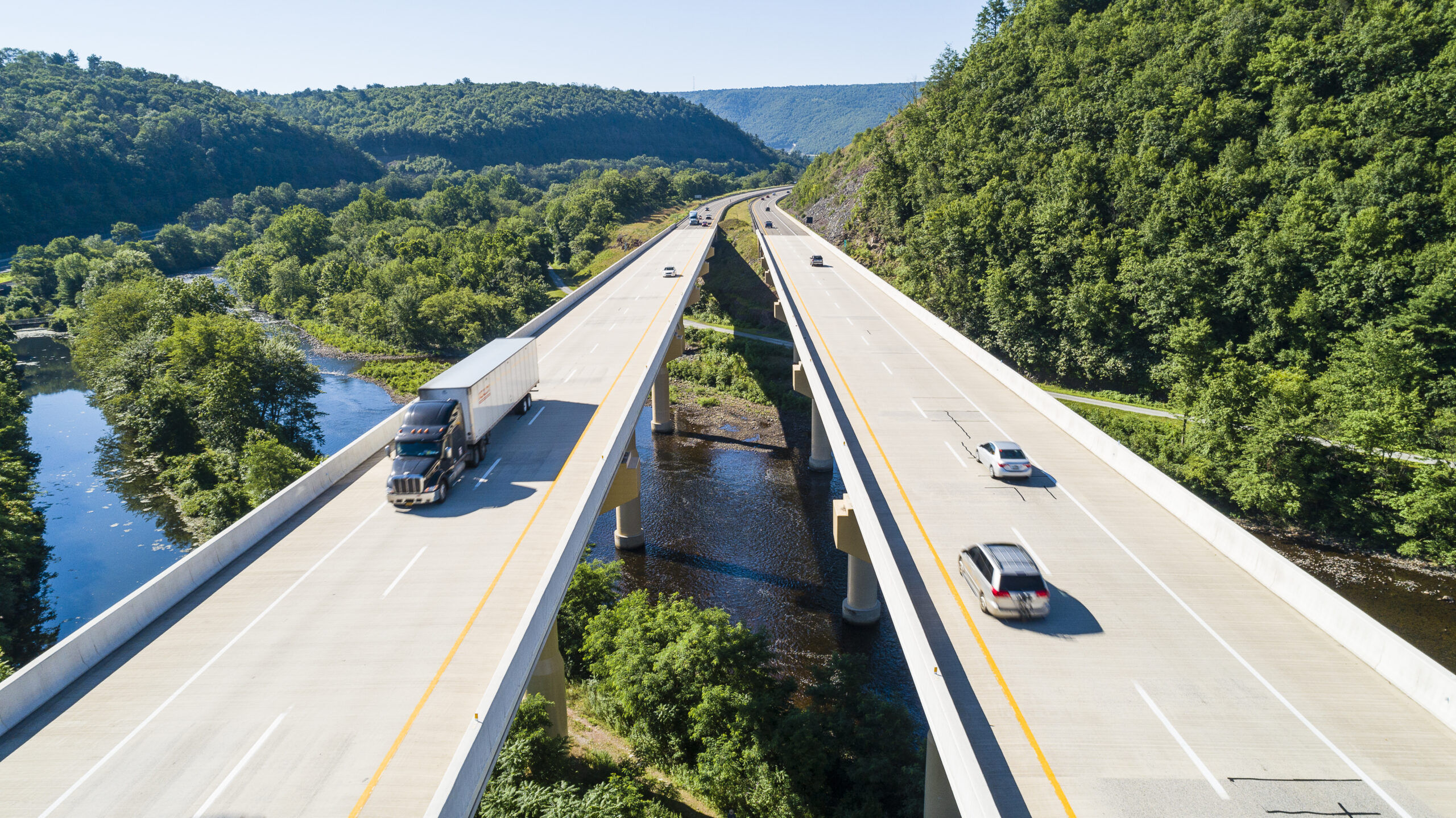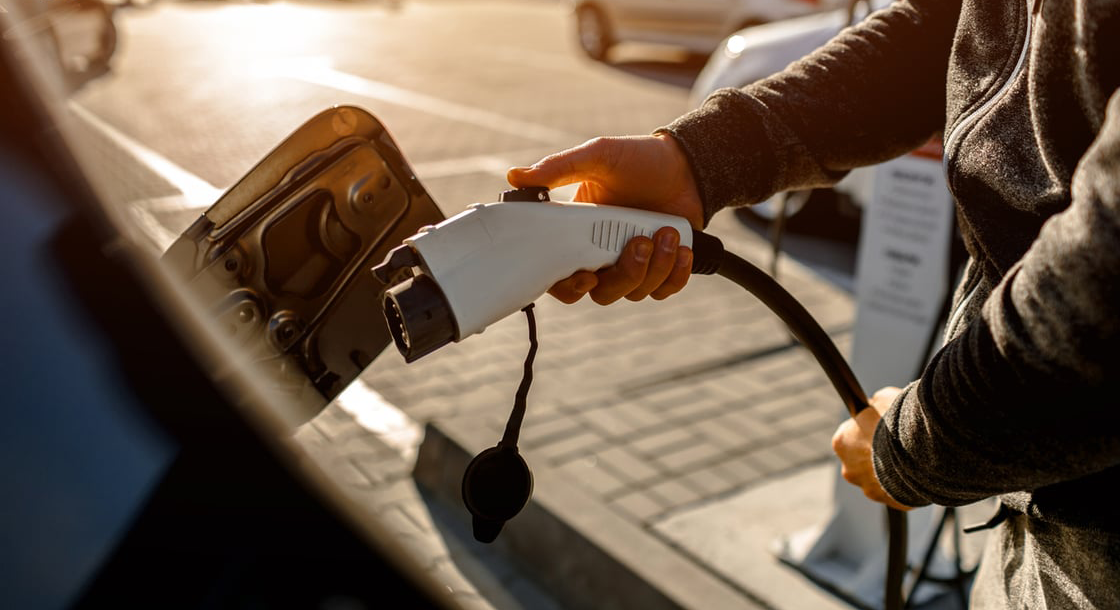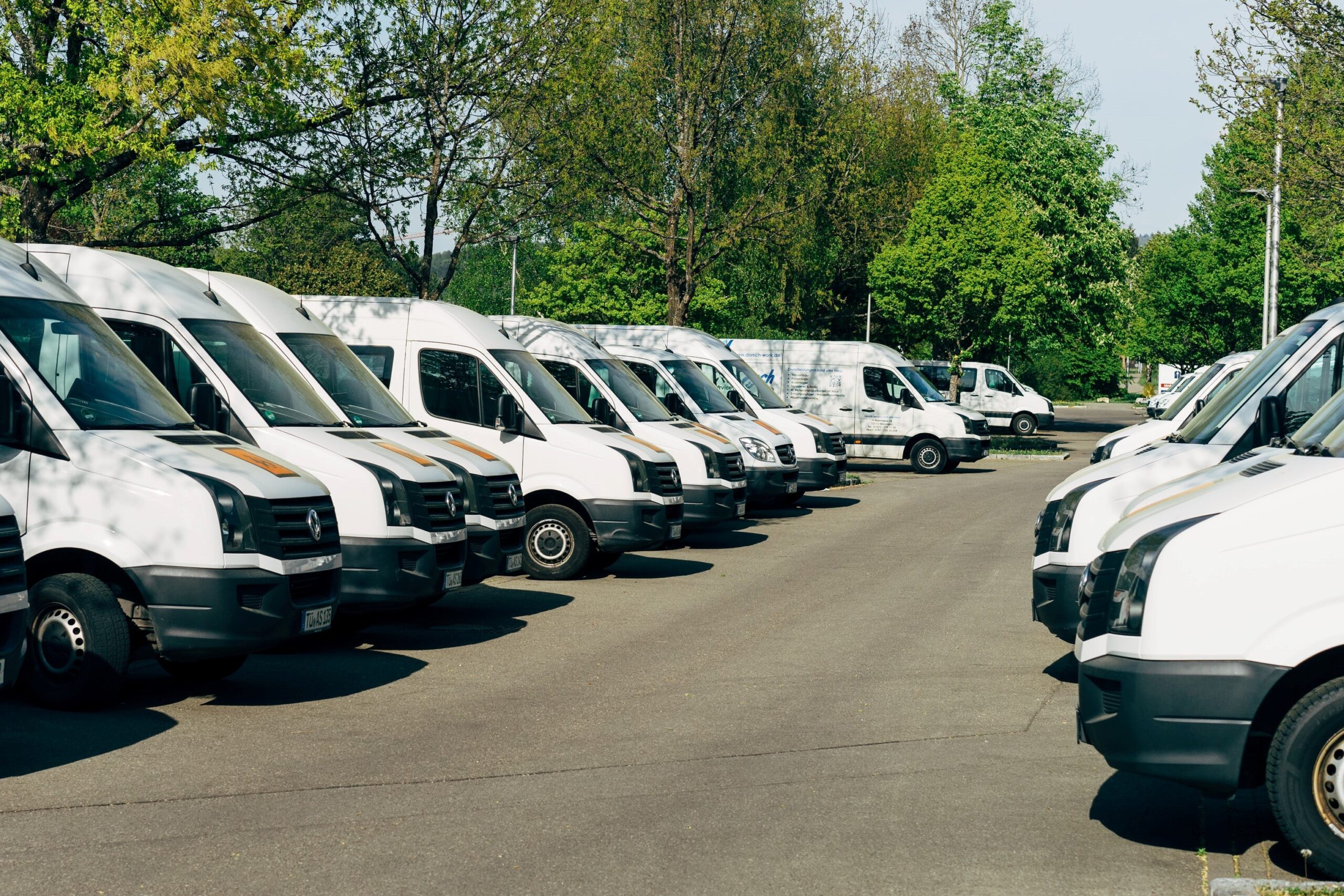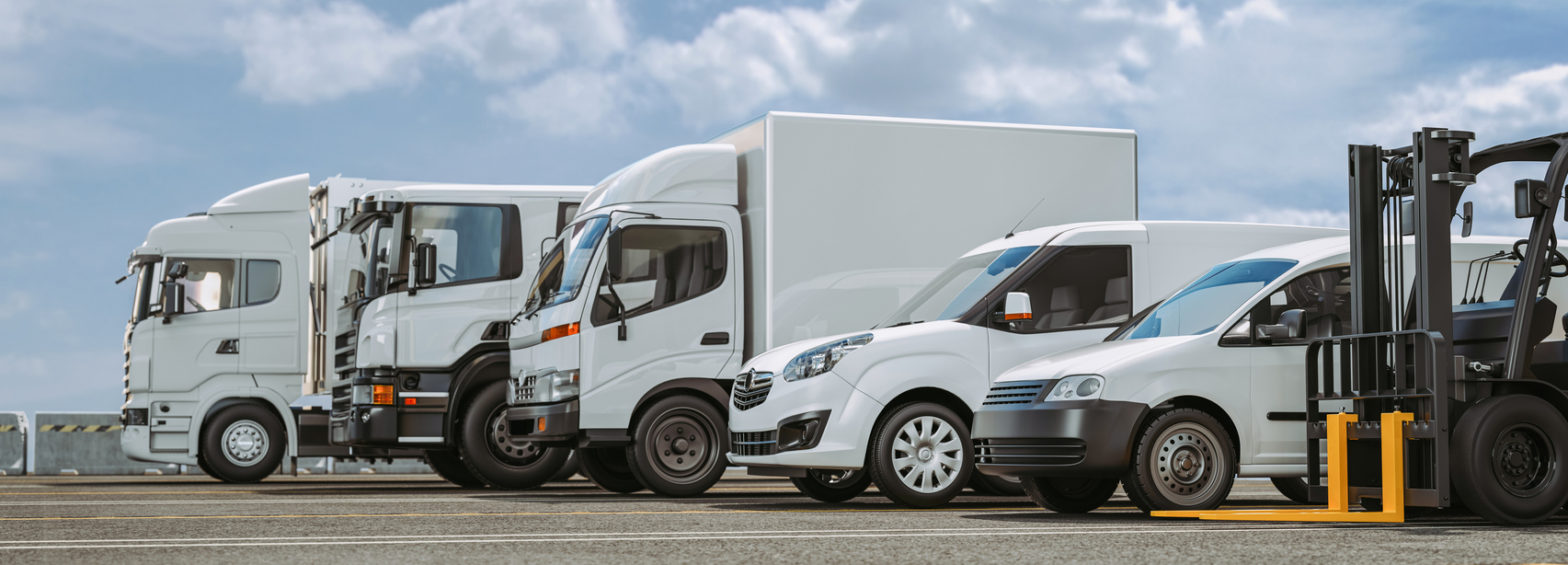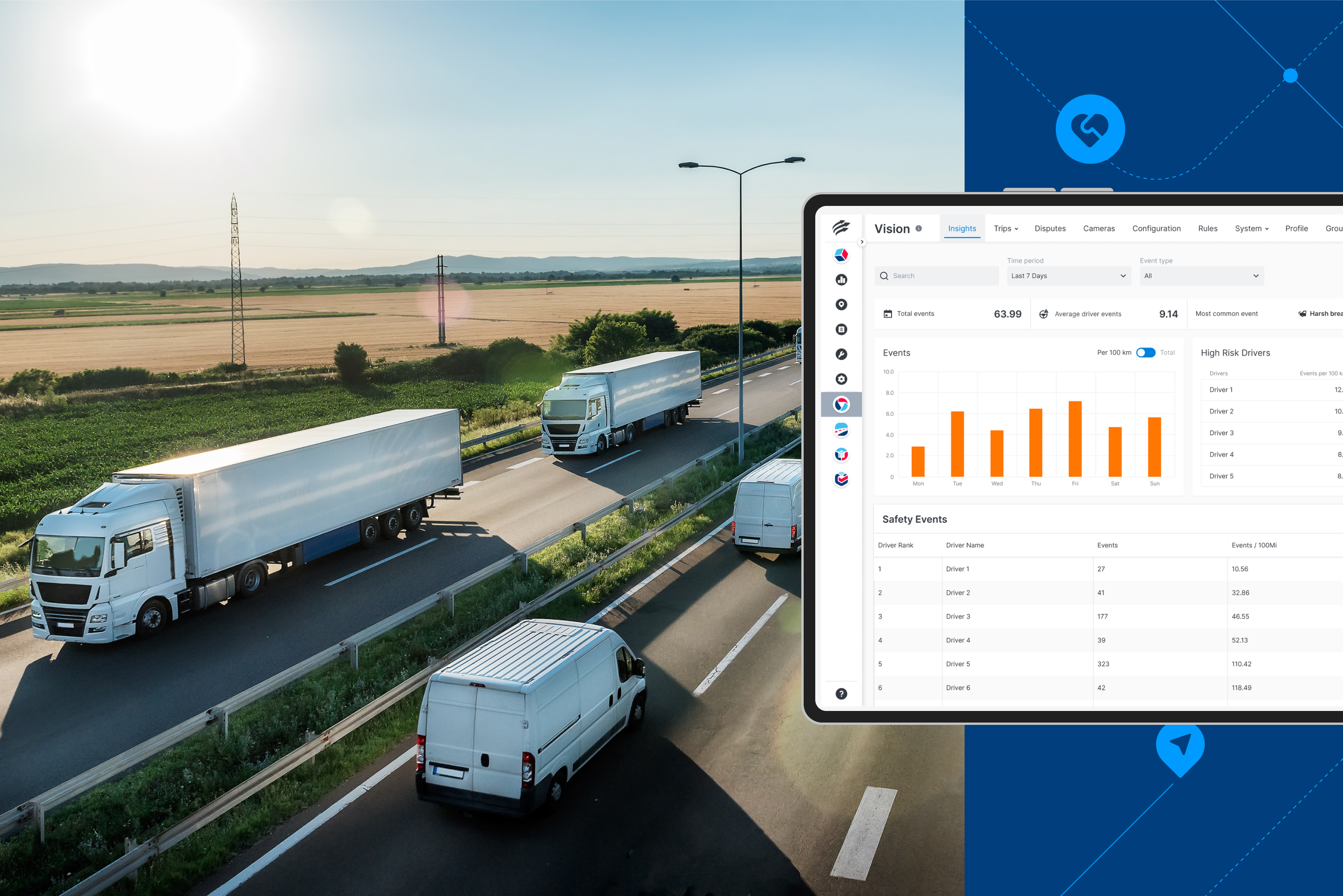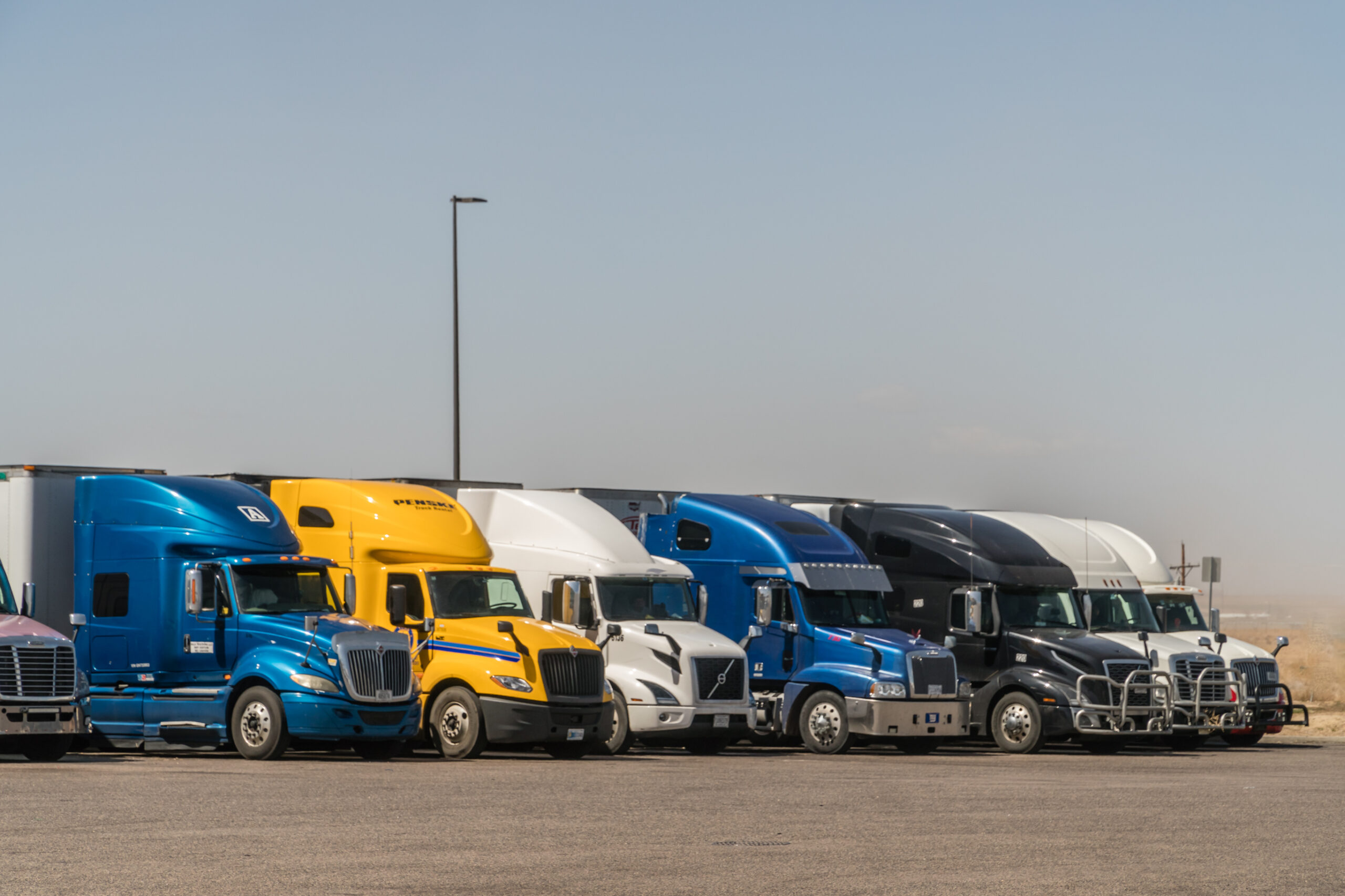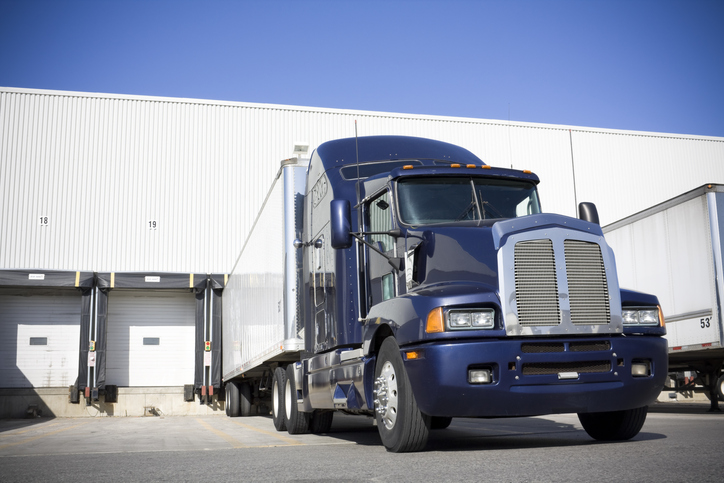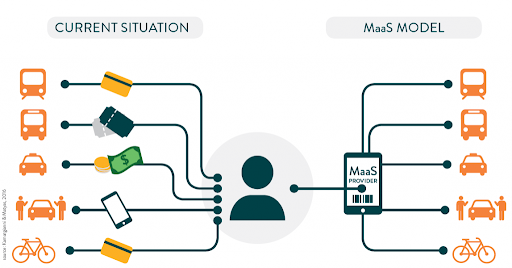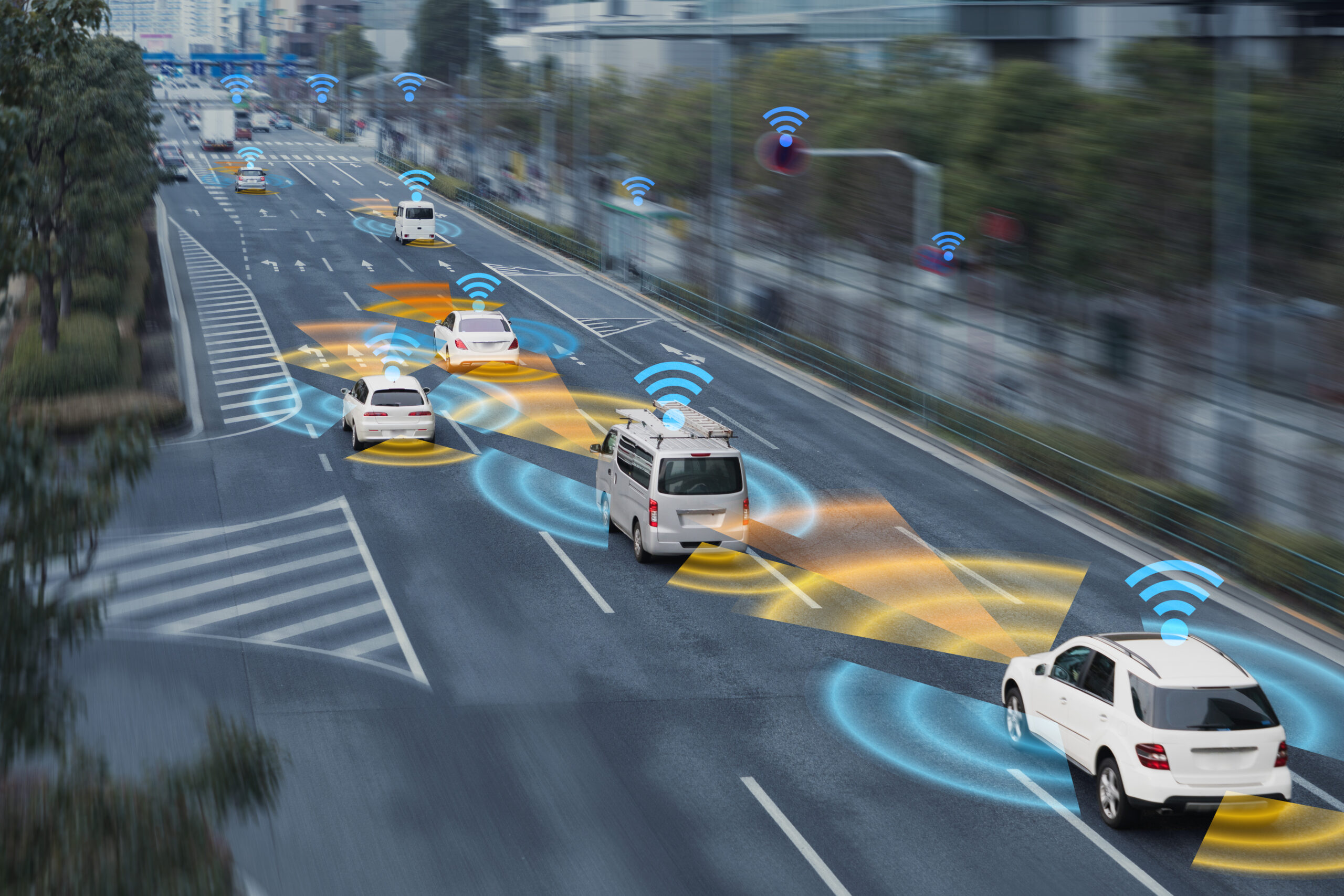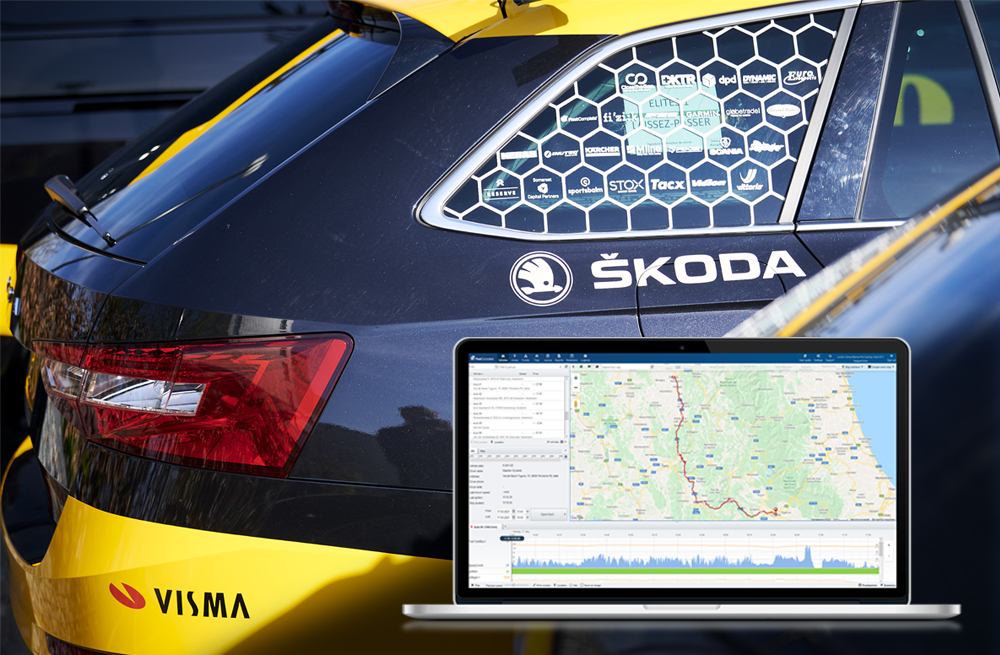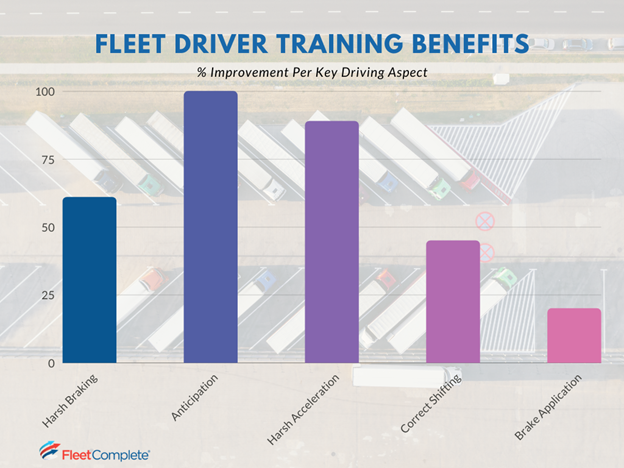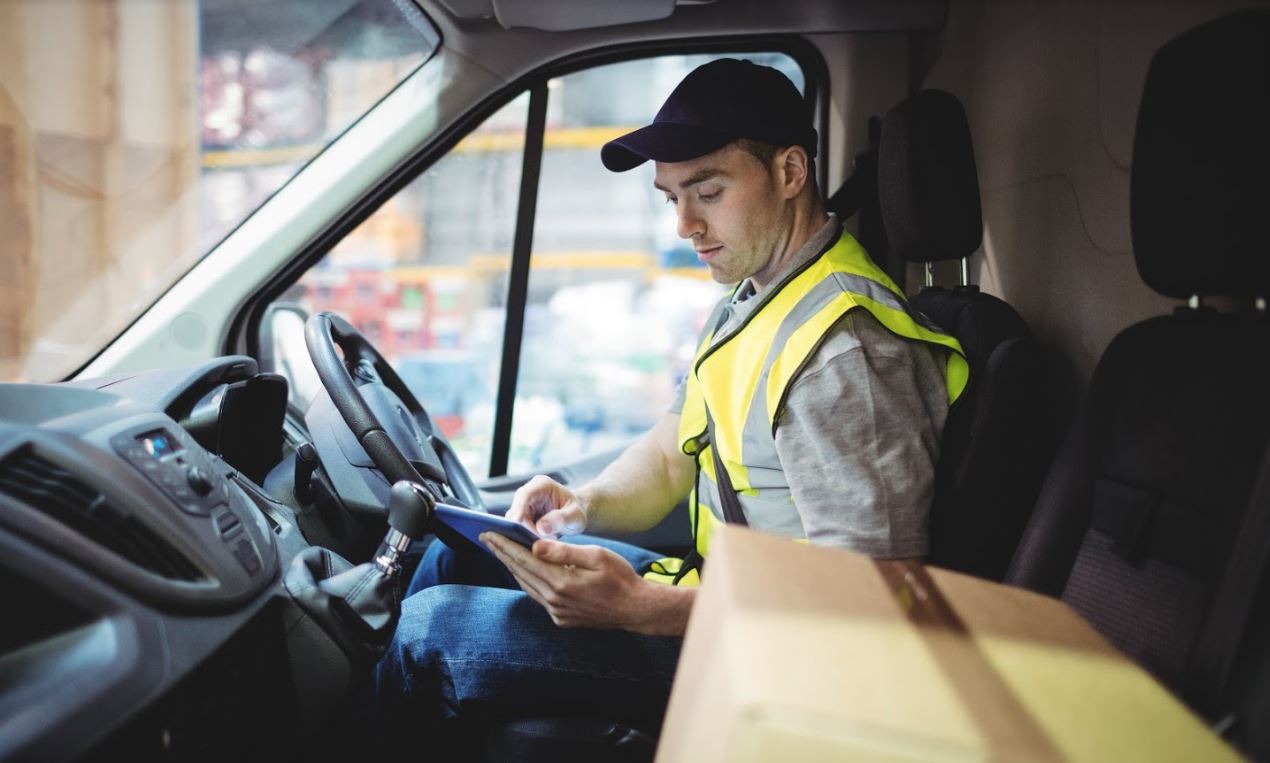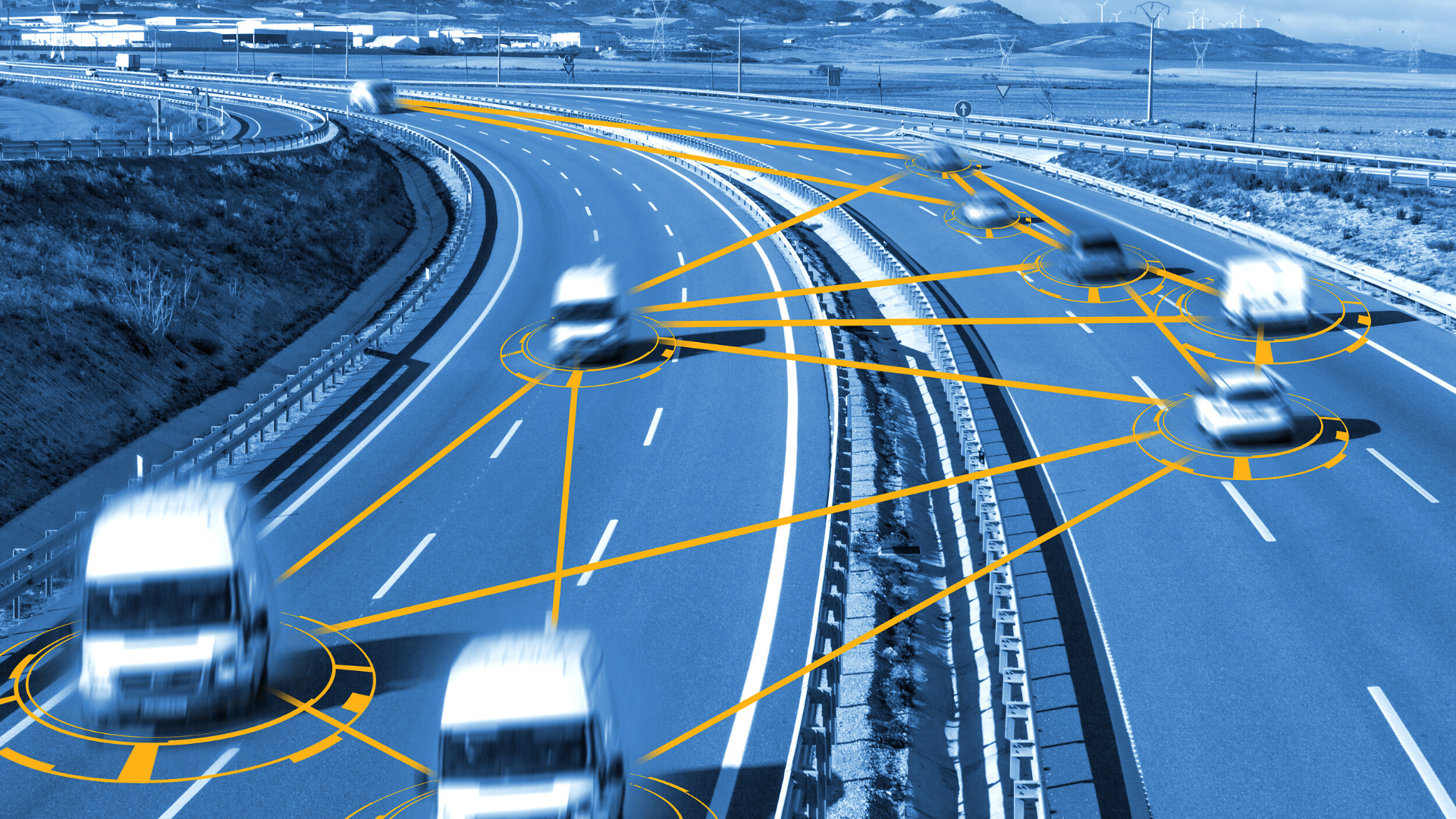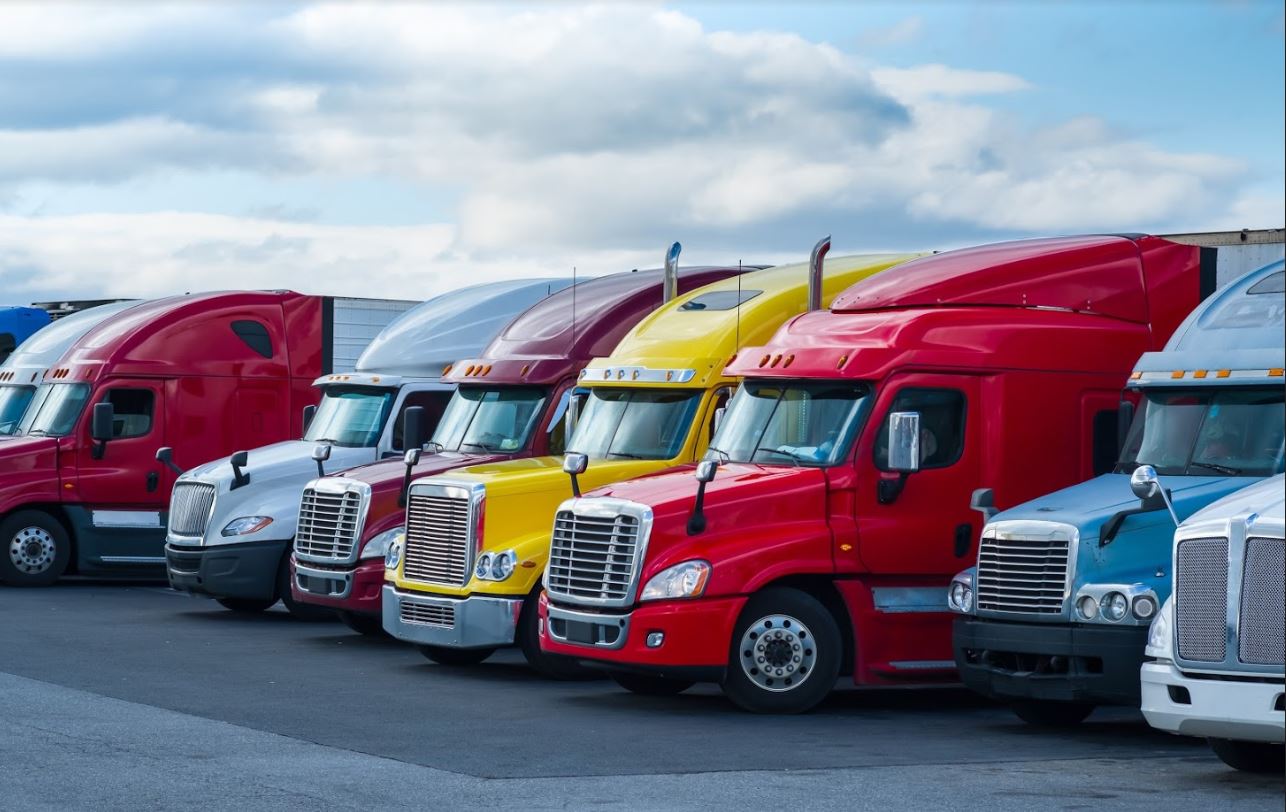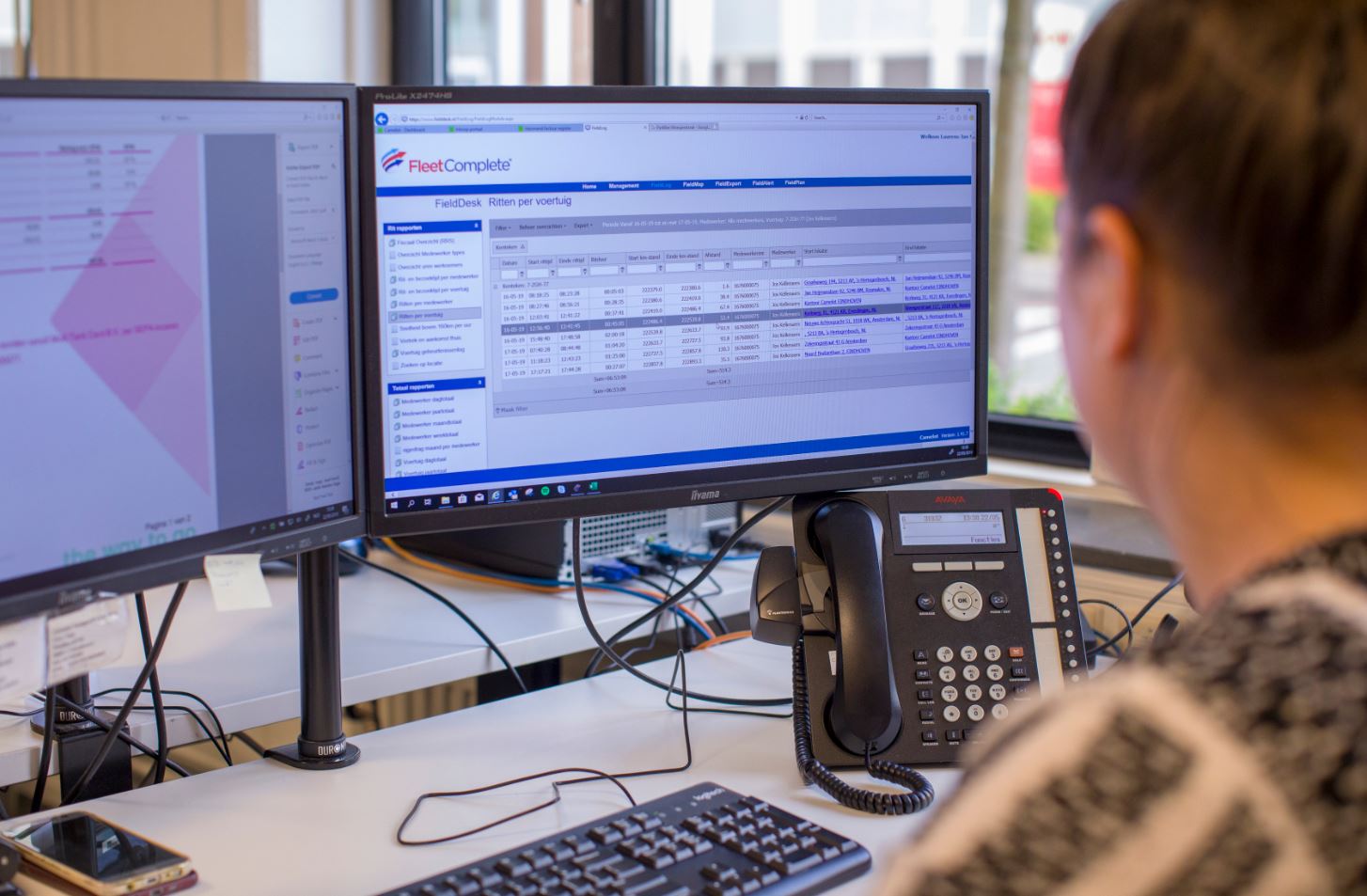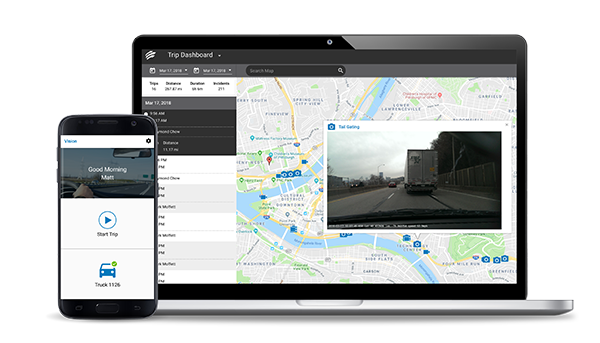As climate change moves up on the global agenda, fleet companies are taking a closer look at their CO2 emissions. Many businesses are being proactive about this and changing their practices—a smart move for multiple reasons. Let’s take a closer look at the benefits, challenges, and obstacles of running an eco-friendly fleet.
Why Reducing CO2 Emissions Should be a Priority for Every Fleet
With climate change becoming a hot topic, fleets need to start taking note. Transportation, including logistics, accounts for over a quarter of all industrial emissions in both the US and the EU. This makes it a key focus for governments to tackle global warming, including the Paris Agreement. Let’s explain further what that agreement means.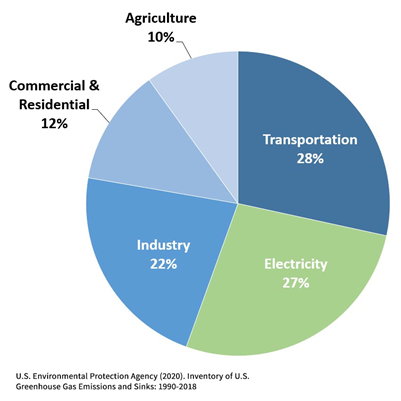
Total US greenhouse gas emissions by economic sector in 2018. (Image Source)
What is the Paris Agreement?
The Paris Agreement sets out a global framework to avoid dangerous climate change by limiting global warming to well below 2°C. It also aims to strengthen countries’ ability to deal with climate change impacts and support them in their efforts.
The agreement stipulates the transport sector must move towards zero emissions since it’s currently one of the biggest contributors to greenhouse gas production. Each country has its own Paris Agreement targets, which it must reach by a series of set dates. Soon, regulations will be put in place that will affect how transport companies do business.
Taking proactive steps to prepare will keep you in good standing. Companies that aren’t prepared will have to scramble to adapt or risk fines for not meeting targets on time.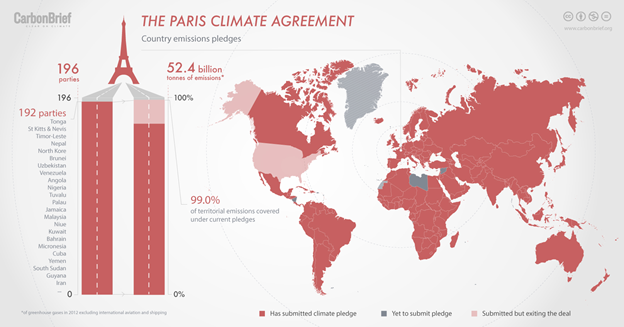
Only UN parties have been included in the emissions total. Greenland and Taiwan are not UN parties. (Image Source)
The Benefits of Running an Eco-friendly Fleet
Along with following guidelines and playing your part in protecting the environment, running an eco-friendly fleet is good for business.
Better Fuel Economy
Focusing on fuel saving not only helps reduce emissions that hurt the environment, but also helps your business save on fuel costs. To accomplish this, telematics and fleet management software can help you spot fuel-wasting behaviors like idling, harsh accelerating, and unplanned journeys. It provides a detailed, real-time view of this data, helping fleet managers make prudent decisions to help reduce fuel usage.
Happier Customers
An increasing number of customers want to know whether the company they buy from is taking climate change seriously. A recent IBM study found that nearly 70% of consumers in the U.S. and Canada think it is important that a brand is sustainable. Meanwhile, Ethical Consumer reports that ethical concerns among individuals are growing year by year.
If you can make customers happy, they’re more likely to develop loyalty to your company and refer others to your business, helping to improve your sales and reputation.
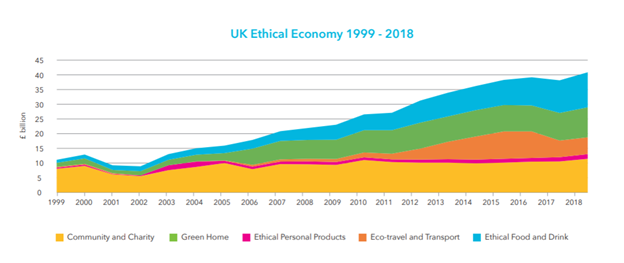
An upward trend in ethical buying. (Image Source)
Top 3 Challenges of Becoming More Eco-Friendly
Greenwashing
Businesses are going green in many ways. Some are investing in hybrid vehicles or planting trees to offset carbon emissions, while others are sourcing energy from renewable providers. These are all good efforts, but be careful to avoid greenwashing – when a company focuses more on marketing themselves as eco-friendly than truly helping the environment.
The best way to avoid greenwashing is to make sure your actions are indeed better than the alternative. This way, you won’t get into a situation like McDonald’s: when the brand replaced its plastic straws with a paper alternative, good publicity swiftly soured when it was revealed the paper straws weren’t actually recyclable.
Knowing Where to Start
Rome wasn’t built in a day, as the saying goes. The same goes for turning your fleet into a beacon of sustainability. Should you replace your entire fleet with EVs? And how do you get the rest of the team on board and behind you?
As with all big projects, start with small steps. This can include buying only a few electric vehicles for your fleet to begin with or adding hybrid vehicles before moving on to full EVs.
Shopping for the Right Fit
When it comes to purchasing greener vehicles, managers should consider all options available to decide which one is the right fit for their business.
While shopping around, look for vehicles with consistent specifications for mileage, durability, and functionality—and a proven record of dependability.
Although finding new dealers and vehicles to meet green fleet specs will initially take extra effort, it’s beneficial to find the right fit for your business’s long-term future.
How Fleet Management Software Can Help
Whether you have a huge fleet of old diesel trucks or you’re halfway to fully electric, fleet management software can help you minimize emissions. Real-time metrics tracking means fleet managers can collect and analyze data as it comes in and get an overall view of their fleet to see where improvements can be made to reduce fuel consumption and operate a more eco-friendly fleet.
Along with the direct environmental benefits, fleet management software can also help companies reduce fleet expenses to offset the upfront costs that often come with going green. This can help when replacing older, larger, inefficient vehicles with smaller, more efficient ones that help reduce emissions.
If you’d like to find out more about how Powerfleet (formerly Fleet Complete) can empower your fleet to be more eco-friendly, request our Powerfleet (formerly Fleet Complete) demo today.








